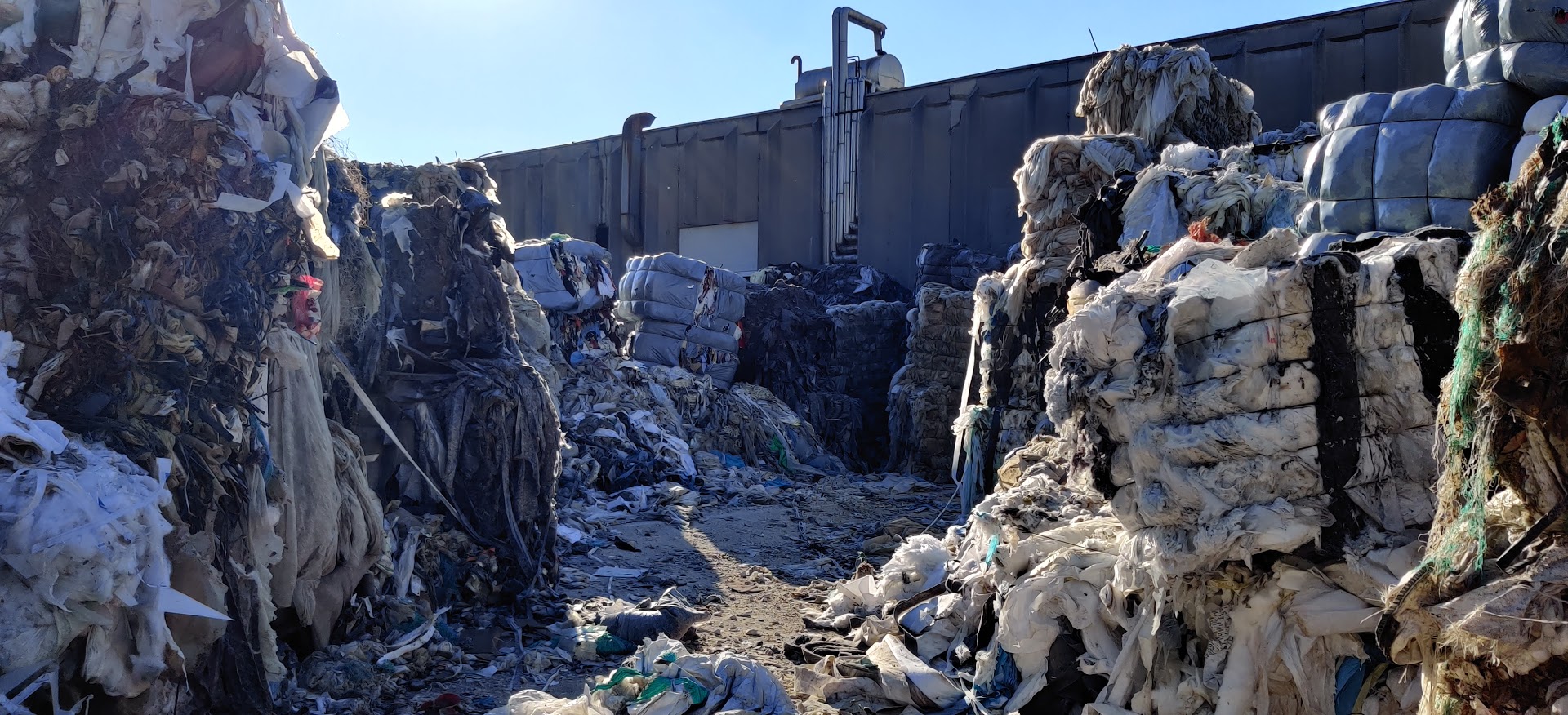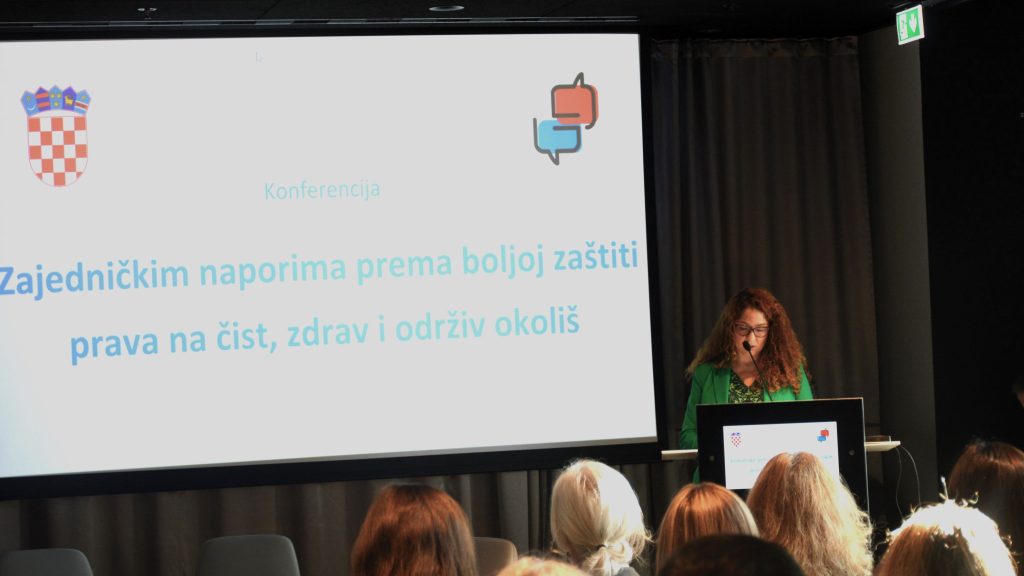The United Nations has declared 5 June as World Environment Day, observed since 1973. This year, the focus is on plastic pollution, aiming to raise awareness about its harmful impact on the environment and human health.
In homes and on the streets of Croatia, it has become increasingly evident in recent years that citizens are paying more attention to the amount of plastic they use—separating waste, using reusable water bottles instead of single-use ones, and opting for cloth rather than plastic bags in shops. For example, in 2019, residents of Croatia used an average of 138 plastic bags per person, while in 2020, that number dropped to 90, a reduction of 35%.
However, despite certain positive developments, it remains essential to continue reducing plastic use, as evidenced by the volume of plastic waste found in nature. Scientists point out that the Adriatic Sea is among the most polluted in Europe when it comes to the quantity and prevalence of plastic waste, warning that the beaches and seabed along the Croatian coast contain considerable amounts of litter. More than 40,000 tonnes of waste have been collected from beaches and the seabed in nearly 200 clean-up actions recorded in the database of the Institute of Oceanography and Fisheries since 2016, the majority of which is plastic—bags, bottles, caps, cotton swabs, and more.
Microplastics, which are present in the food we consume through pollution, pose a particular risk to the environment and human health. This is not surprising, considering the UN’s data indicating that the number of microplastic particles now exceeds the number of stars in our galaxy.
Examples of the dangers of plastic pollution are also found in the cases handled by the Ombudswoman Tena Šimonović Einwalter concerning the protection of the human right to a clean, healthy, and sustainable environment. Some of these cases are described below.
Case 1 – Several tonnes of illegally dumped plastic at the former “Istraplastika” factory in Pazin
For at least five years, 4,000 tonnes of plastic, rubber, and textiles originating from Italy have been illegally stored in the former “Istraplastika” factory in Pazin, near residential homes, posing a risk to residents’ health and safety. The Ombudswoman has repeatedly warned that the waste is stored in a facility without an occupancy permit for such use, that fire safety measures are not being implemented, that no risk assessment or fire protection plan has been conducted, and that there is no fire brigade presence on site.
Nevertheless, the waste remains, as does the disagreement between the State Inspectorate and the Ministry of Economy regarding how to dispose of it. Last year, a fire broke out, caused by welding in an adjacent room. The Ombudswoman highlighted this case again in her 2024 Annual Report, reiterating that failure to act on warnings and recommendations not only fails to improve the situation but also increases the accountability of the competent authorities should another fire occur.
Moreover, violations of the law must not become a business model that proves financially beneficial for companies and individuals, while citizens bear the cost in terms of health and safety.
Case 2 – Fire at the “Drava International” plastic processing plant
In 2023, a fire broke out at the “Drava International” plastic processing plant in Osijek. Subsequent inspections revealed multiple legal violations—including breaches of the Waste Management Act, the Environmental Protection Act, the Air Protection Act, the Water Act, the State Inspectorate Act, the Labour Act, and the Foreigners Act.
Although, based on soil, water, and food analysis conducted by accredited institutes and laboratories, there appeared to be no short-term significant impact on human health, the Ombudswoman emphasised the need to monitor potential long-term effects. She also called for the opinion and clarification of the Croatian Agency for Agriculture and Food concerning food and water samples found to contain a high number of microplastic particles.
The Ombudswoman’s recommendation to the State Inspectorate, the City of Osijek, and the County Institute of Public Health of Osijek-Baranja County to continue sampling soil, food, and water to assess the fire’s consequences has been partially implemented. However, the recommendation to the City of Osijek and the County Institute of Public Health to monitor the long-term health of citizens and workers who were on the factory premises during the fire has not been carried out.
The Ombudswoman also addressed this case in the Croatian Parliament, expressing concern over publicly available data indicating that the amount of waste on the factory premises significantly exceeded the permitted levels. This highlights the importance of regular inspections of such facilities and the enforcement of effective measures to prevent unlawful and environmentally harmful practices. While accountability must be determined in this case, prevention remains key. It is also significant that factory workers were housed on site, exposing them to greater risk during the fire, and raising concern about their swift return to the same accommodations after the fire was extinguished.
This case is also among those highlighted in the Ombudswoman’s 2024 Annual Report—more information is available here.
Case 3 – Operations of the plastic factory in Vrginmost
In 2024, residents of Vrginmost, organized through a civic initiative, filed a complaint with the Ombudswoman concerning the operation of a factory owned by Phaten Plastic Recycling d.o.o. They raised concerns about excessive noise, air pollution, increased heavy truck traffic, a poorly prepared Waste Management Plan, discharge of wastewater into the environment, health impacts, fire hazards, and other potential dangers.
The State Inspectorate identified numerous irregularities related to labour and waste management, both in Vrginmost and in Slatina, where the company also operates. The Ministry of Environmental Protection and Green Transition revoked the company’s waste management permit for the Vrginmost facility, while the State Inspectorate banned waste management activities at the Slatina site.
The Ombudswoman continues to monitor the situation at both locations to assess compliance with the bans and has reported on this matter to the Croatian Parliament. This case also illustrates the importance of human rights defenders who report threats to the right to a clean, healthy, and sustainable environment and take action to preserve it. Unfortunately, some of them report facing various forms of pressure, such as strategic lawsuits against public participation (SLAPPs), unannounced inspections, threats, and other repressive measures. More can be found in the chapter on human rights defenders in the 2024 Annual Report of the Ombudswoman.





